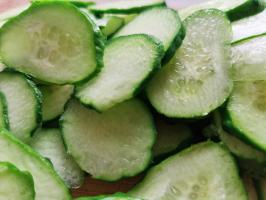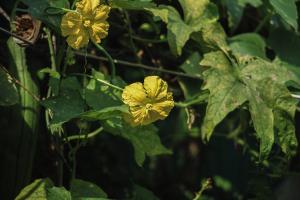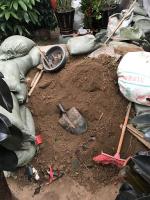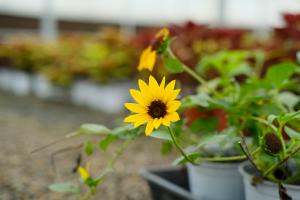Is Rain Water Good for Weed Plants?
When it comes to growing weed plants, there are many factors to consider, including the type of soil, nutrients, and water. While some growers water their plants with tap water or bottled water, others wonder if rainwater can be a good alternative. So, is rainwater good for weed plants? Let's find out.
Benefits of Rainwater for Weed Plants
One of the main benefits of rainwater is that it's usually free of harmful chemicals that are commonly found in tap water, such as chlorine and fluoride. These chemicals can inhibit plant growth and damage the soil over time. Rainwater is also naturally slightly acidic, which can help to lower the pH levels in the soil and promote healthy plant growth.
In addition, rainwater contains essential minerals and nutrients, such as nitrogen, potassium, and phosphorus, which are crucial for the growth and development of weed plants. These minerals are typically found in the soil, but they can become depleted over time, especially if the soil is heavily used or has poor drainage.
Potential Drawbacks of Rainwater for Weed Plants
While rainwater can be beneficial for weed plants, there are also some potential drawbacks to consider. For example, rainwater can be contaminated with pollutants such as acid rain or chemicals from nearby factories or farms. These pollutants can harm the plant and affect the quality of the cannabis buds.
Another drawback is that rainwater can be inconsistent in terms of pH levels and nutrient content. Depending on where you live, the pH levels of rainwater can vary widely, which can make it challenging to maintain the optimal soil pH for your plants. Additionally, rainwater may not always contain the right balance of nutrients, which can result in stunted growth or deficiency symptoms.
How to Collect and Use Rainwater for Weed Plants
If you decide to use rainwater for your weed plants, there are a few things to keep in mind. First, you'll need to collect the rainwater in a clean container, such as a rain barrel or a plastic bucket. Be sure to place the container in an area that's free from pollution or debris, such as a rooftop or a clean yard.
Once you've collected the rainwater, you'll need to filter it to remove any remaining pollutants or debris. You can use a simple mesh screen or a more advanced filtration system, depending on the level of contamination in your area.
Finally, you can use the rainwater to water your weed plants. However, it's crucial to test the pH levels and nutrient content of the water regularly, especially if you live in an area with inconsistent rainfall. If the pH levels are too high or too low, you may need to adjust the levels with pH up or pH down solutions. And if the nutrient content is too low, you may need to supplement the water with additional nutrients or fertilizers.
Conclusion
Overall, rainwater can be a good option for watering your weed plants, given that it's free of harmful chemicals and contains essential minerals and nutrients. However, it's essential to collect and filter the water properly to prevent contamination, and to test the pH levels and nutrient content regularly to ensure optimal growth and development. If you're unsure whether rainwater is suitable for your plants, consult with a professional grower or a local garden center for advice.

 how many times do yo...
how many times do yo... how many planted tre...
how many planted tre... how many pine trees ...
how many pine trees ... how many pecan trees...
how many pecan trees... how many plants comp...
how many plants comp... how many plants can ...
how many plants can ... how many plants and ...
how many plants and ... how many pepper plan...
how many pepper plan...






























